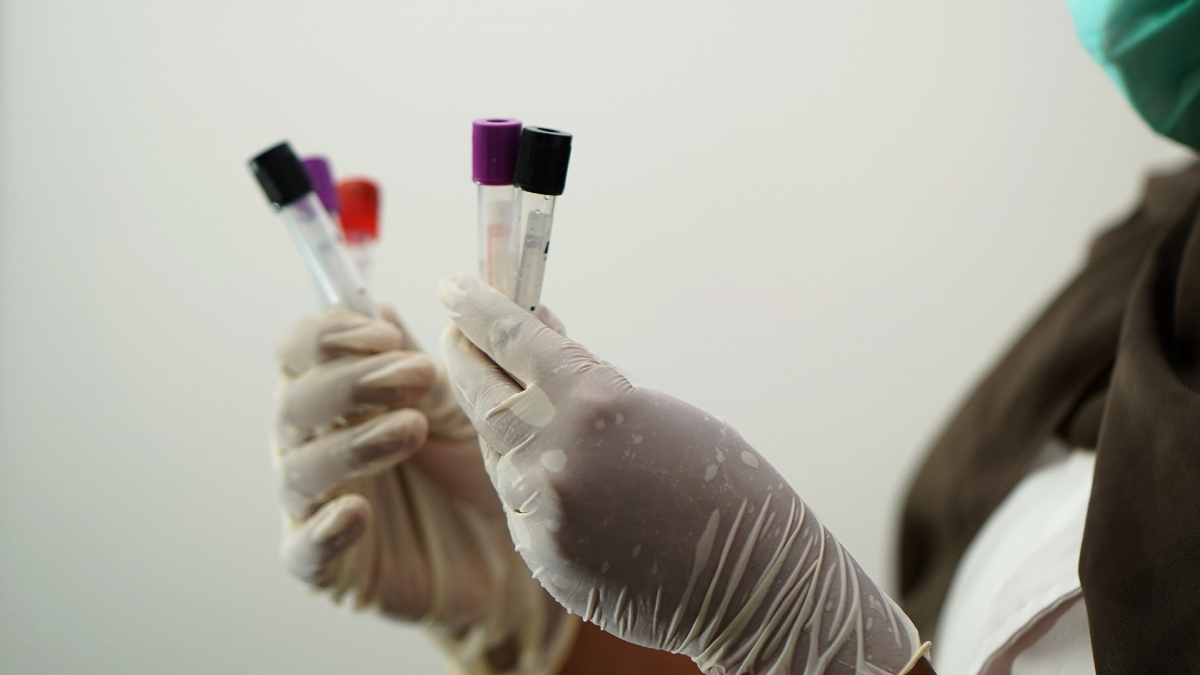Scientists from the UK’s National Health Service (NHS) have discovered a new blood type based on the Mal gene, a breakthrough that could prevent life-threatening complications in blood transfusions. This new type, related to the AnWj antigen, is the result of over 50 years of research.
The AnWj antigen was first discovered in 1972, but it wasn’t until now that researchers identified its connection to the Mal gene, forming a new blood group system. According to the NHS, more than 99.9 percent of people are AnWj-positive, meaning their red blood cells express the full-length Mal gene.
However, a small number of individuals are AnWj-negative, either due to blood disorders or rare inherited factors. If an AnWj-negative person receives AnWj-positive blood, it could trigger an immune response, leading to severe complications. To address this, researchers are developing genotyping tests to identify AnWj-negative individuals and ensure safe transfusions.
“The genetic background of AnWj has been a mystery for more than 50 years, and one which I personally have been trying to resolve for almost 20 years of my career,” said Louise Tilley, Senior Research Scientist at NHS Blood and Transplant.
“This development will help identify these rare donors and help patients in the future,” added Ash Toye, Director of the NIHR Blood and Transplant Research Unit.





